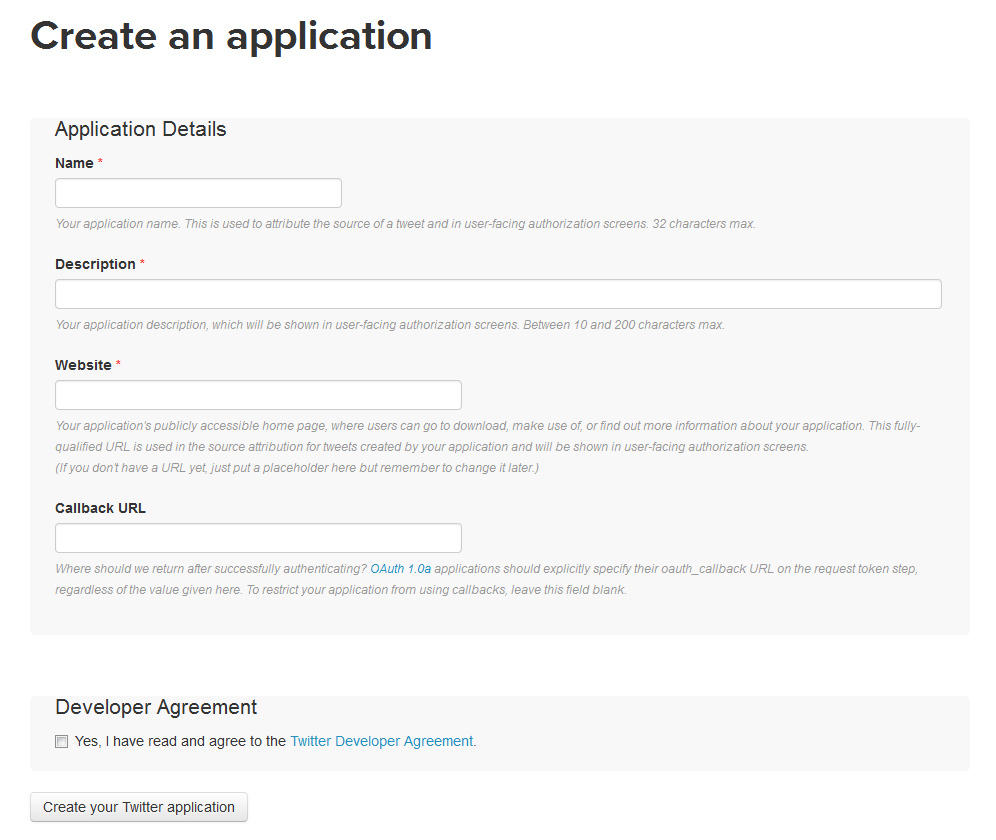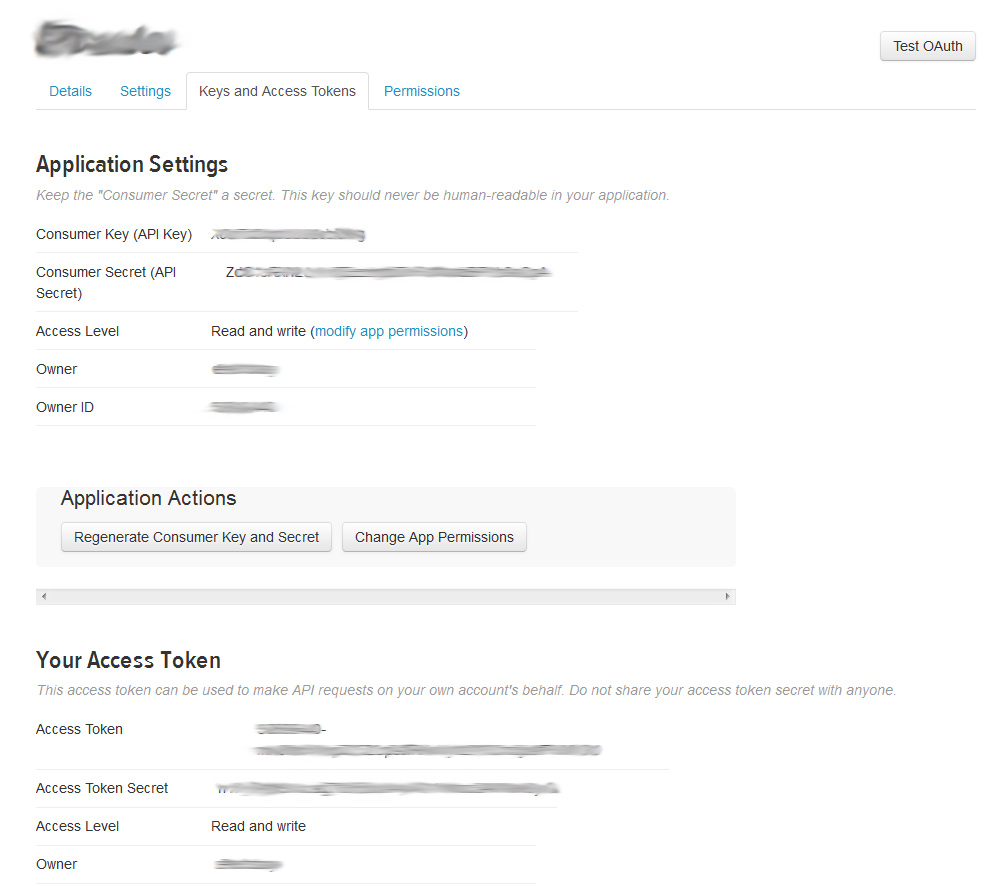Okay, I’ve been itching to talk about this topic. On December 16th, this was posted on SEOMoz’s blog.. and is absolutely fantastic. My posts prior to this have been leading up to this post and we’ll definitely expand on this topic moving forward.
Basically, this strategy is quite simple. For the most part it focused on Twitter, and also reinforces the concept of community. But before I talk further, let’s get to the video. I’ll catch you on the other side…
[iframe_loader width=’100%’ height=’480’ frameborder=’0’ longdesc=” marginheight=’0’ marginwidth=’0′ name=” click_words=” click_url=” scrolling=’auto’  src=’https://fast.wistia.com/embed/iframe/vynel67pkk’ class=” ]
Okay, so the first part was about using tools generate reach and create engagement. Again, this is about community. We just don’t want millions of drones/bots as our community. We want real people. Using tools as they mentioned could be great, but again, I prefer Hootsuite, and you can really drill down the clutter. I like to do hashtag searches and create those as streams. So I’m constantly watching those tweets go by and I have opportunities to interact. I also like to make the list as she suggest. I do NOT DM though. I think it’s very low ROI in regards to engagement.
Now, her second strategy really caught my attention. Generate clicks using the 14 day experiment. I thought it was interesting to get multiple tweet headlines for your most popular posts and tweet throughout the day. Creating a spreadsheet and defining those headlines. Her resources were a spreadsheet and to use some type of tool to schedule those tweets. Again, Hootsuite can do this, so I didn’t have to go far.
Finally, the recycling of posts. Brilliant. I would constantly focus on writing great content, and present that to the community. The best content got lots of traffic, while the not so great didn’t do as well. I would work on my post frequency to continue gathering traffic and pulling in some organic search traffic. I never really occurred to me to re-post content on my social networks – like I constantly see others do.
So.. I’m a programmer, so the thought of using a spreadsheet is brutal for me. I’m a database guy. So, what I did, and I’ll be talking about this, is experiment with some of the concepts, but I like automation. But I wanted to start with some results of my effort.
With your Twitter account, you can go to https://analytics.twitter.com to see some analytics on your effects with Twitter. I need to start to here to see the effectiveness. I selected one primary Twitter account that had a healthy blog and good Twitter community.
I wrote a PHP script that would determine the best/popular posts on the site and populate a different table (the spreadsheet example) with 10 headlines (I didn’t want to do 14). I would manually create the headlines. I then wrote a PHP CLI server side script that wold talk to Twitter’s API and randomly 10 posts throughout the day, randomly picking a headline and also to be sure not to post the same post url in the same day.
I was amazed with the engagement. Of course, I was still interacting in the day with the community, retweeting and contributing in conversations, but the automated piece continued to do it’s thing. I also wrote a script that would add new popular posts based on view threshold and alert me so I can update headlines when they are inserted. I’ll probably set handling to only show recent posts? Not sure yet.
But, here is a Twitter Analytics graph from the morning of Jan 11 showing the last 91 days. As you can see, when I started the automation of best posts, my graphs spiked, and maintained.

Please note, the ‘average’ is for the 91 days. Right now, I’m running around 100 clicks / day, which is much better than what it was .. obviously. I’m also playing around with Facebook right now. I have not implemented automation, but I think I will. Facebook is a different beast. I prefer to post in the morning, but I’ve noticed if I pick only one ‘hot’ post and post it in the evening, I basically double… almost tripling my Facebook traffic to the site.
Over the next few weeks, I’ll be breaking down some of the functionality I did into more detail.


